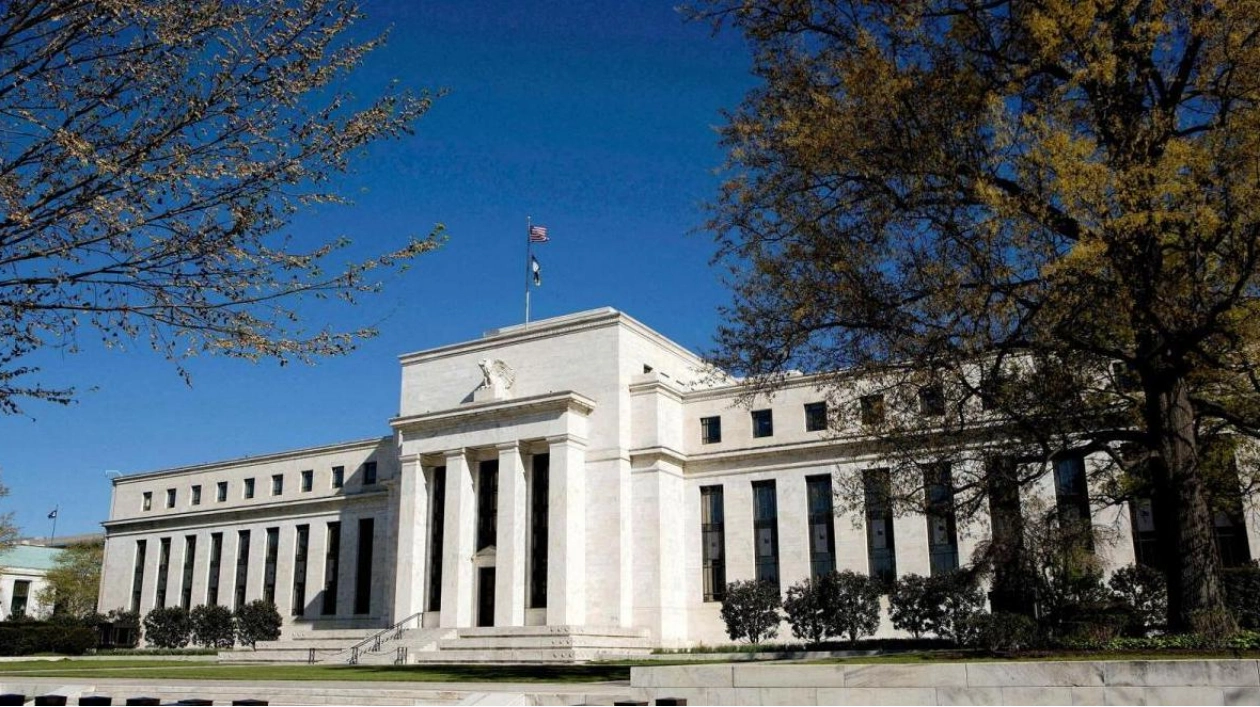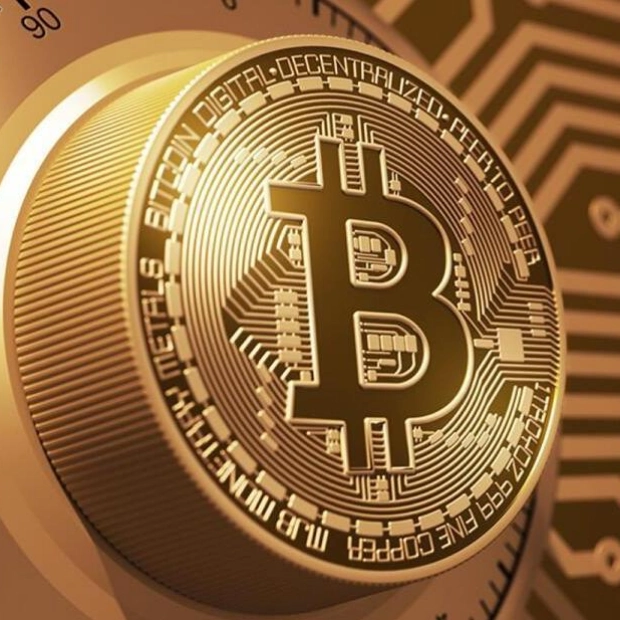A significant downturn in the U.S. job market, which sparked several days of global stock market volatility, has also led to speculation that the Federal Reserve might reduce interest rates before its scheduled meeting in September. Specifically, an interest rate futures contract tracking Fed policy expectations reached a two-month high earlier this week, indicating a belief that rates would decrease by the end of August.
However, the likelihood of such an early move is considered low. Chicago Fed President Austan Goolsbee emphasized that the Fed's focus is on employment and price stability, not the stock market. Increasingly, analysts are predicting a half-percentage-point rate cut at the September meeting, but few expect an earlier action.
Economist Kathy Bostjancic noted that current economic data does not justify an emergency rate cut, which could cause further market panic. Even former New York Fed President Bill Dudley, who previously called for a rate cut, now deems an intermeeting cut 'very unlikely.'
Following the initial market turmoil, global stock markets have partially recovered, aided by a report showing fewer Americans filing for unemployment insurance. Traders of short-term U.S. interest-rate futures have largely abandoned bets on an intermeeting Fed move and reduced expectations for the initial rate reduction.
Fed Chair Jerome Powell is expected to provide new insights on potential rate cuts at the Kansas City Fed's annual economic symposium in Jackson Hole, Wyoming. Powell is likely to focus on economic data rather than the recent stock market decline.
In the coming weeks, data on jobs, inflation, consumer spending, and economic growth will influence the size of any rate reduction. Historically, the U.S. central bank has cut rates between policy-setting meetings during significant market disruptions, particularly when bond markets indicated severe credit flow disruptions.
Examples of such past events include the Russian financial crisis and the failure of Long-Term Capital Management in 1998, the technology stock swoon in 2001, the September 11 attacks in 2001, the global financial crisis in 2008, and the COVID-19 pandemic in 2020. Each of these instances involved not only stock market turmoil but also significant disruptions in the credit markets.






